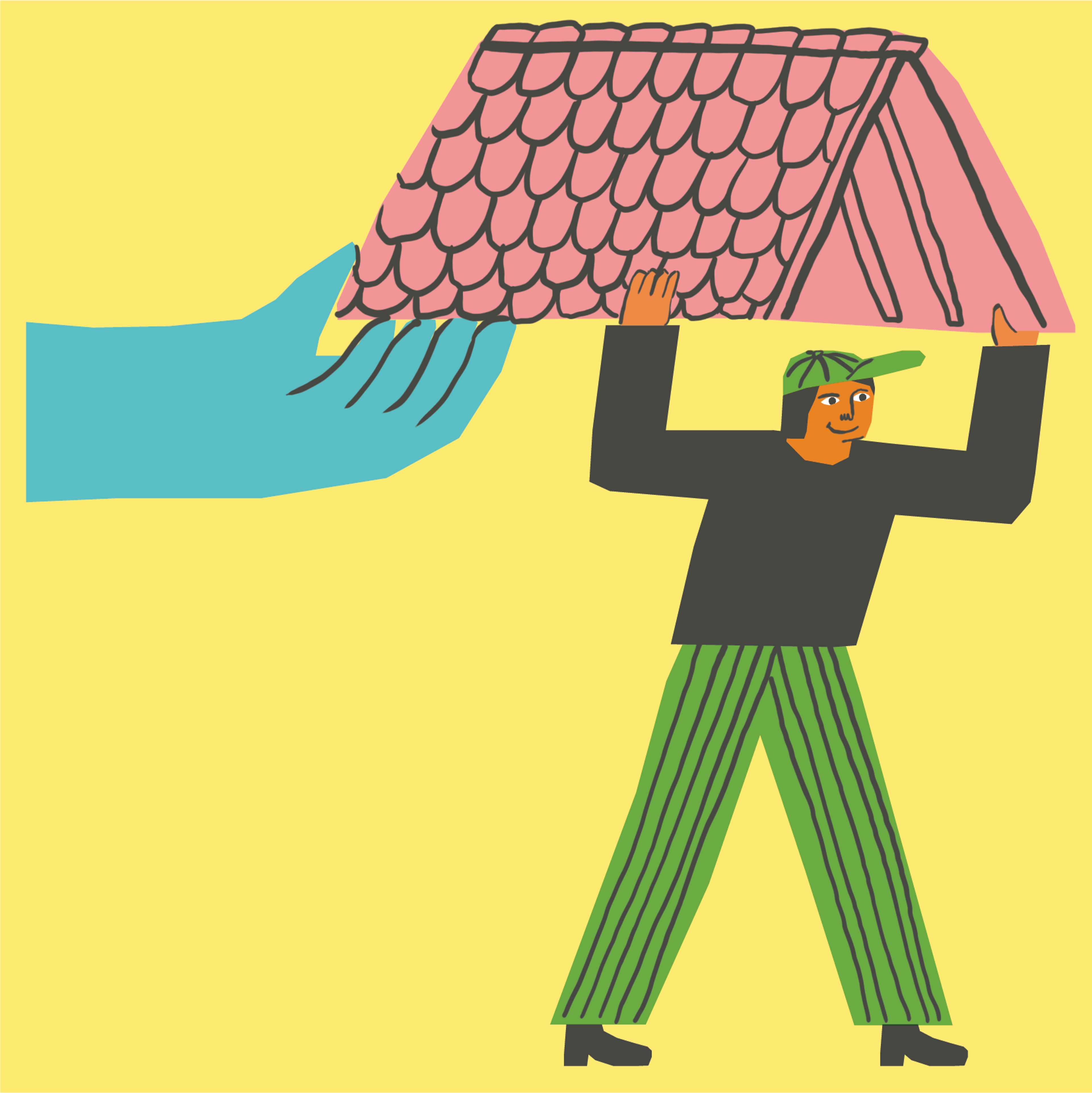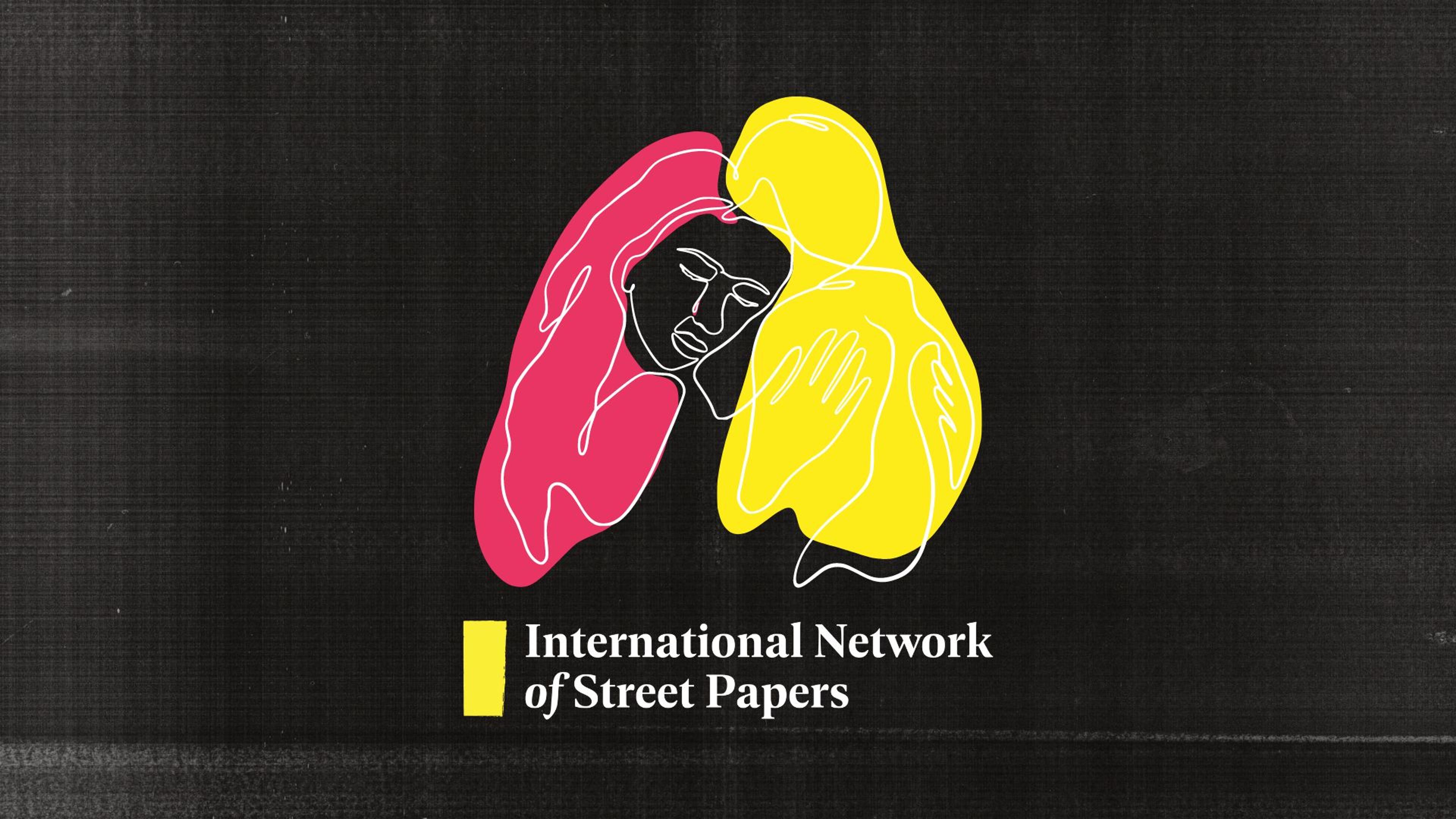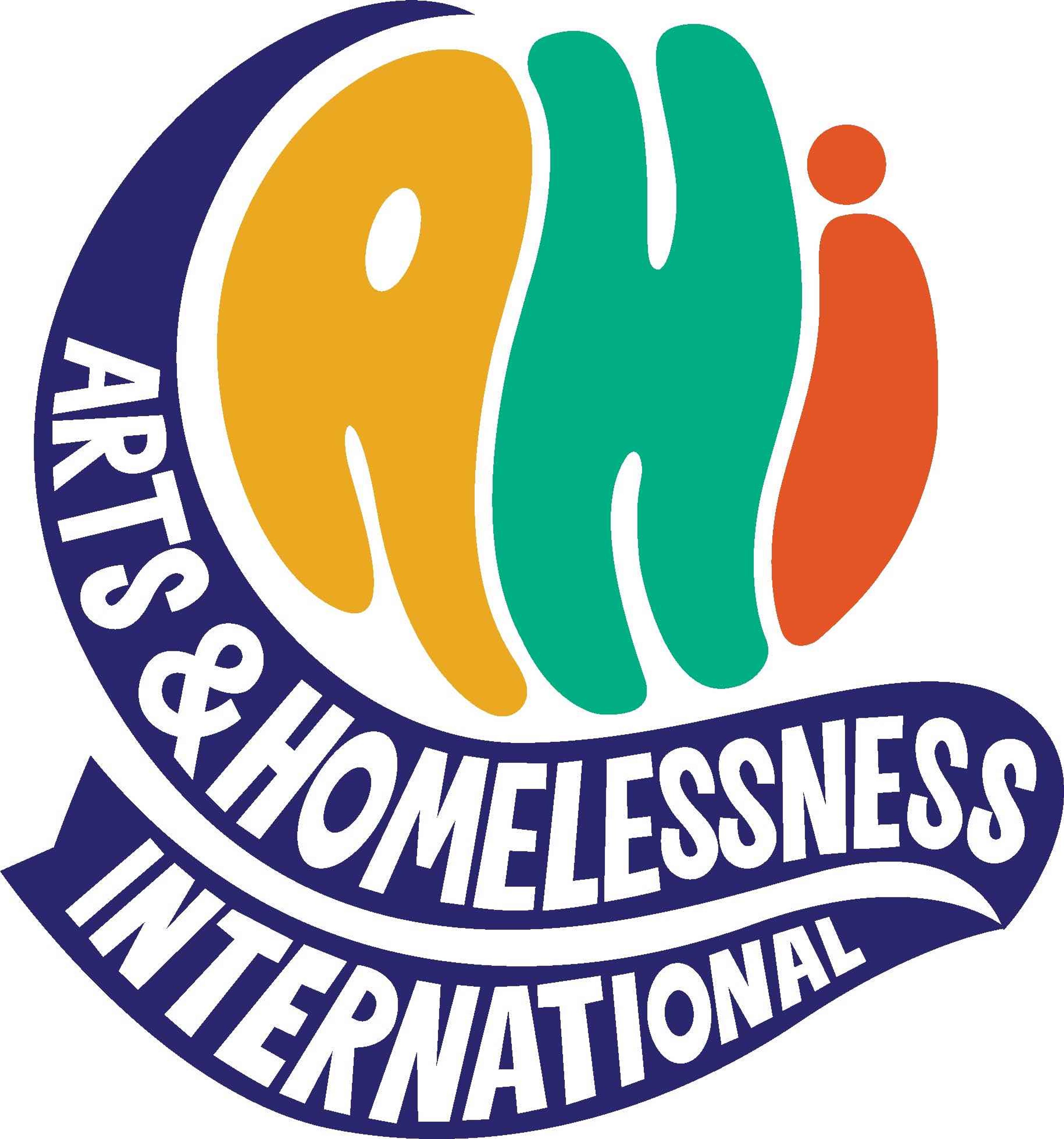How street papers and street soccer go together at the 2023 Homeless World Cup in Sacramento
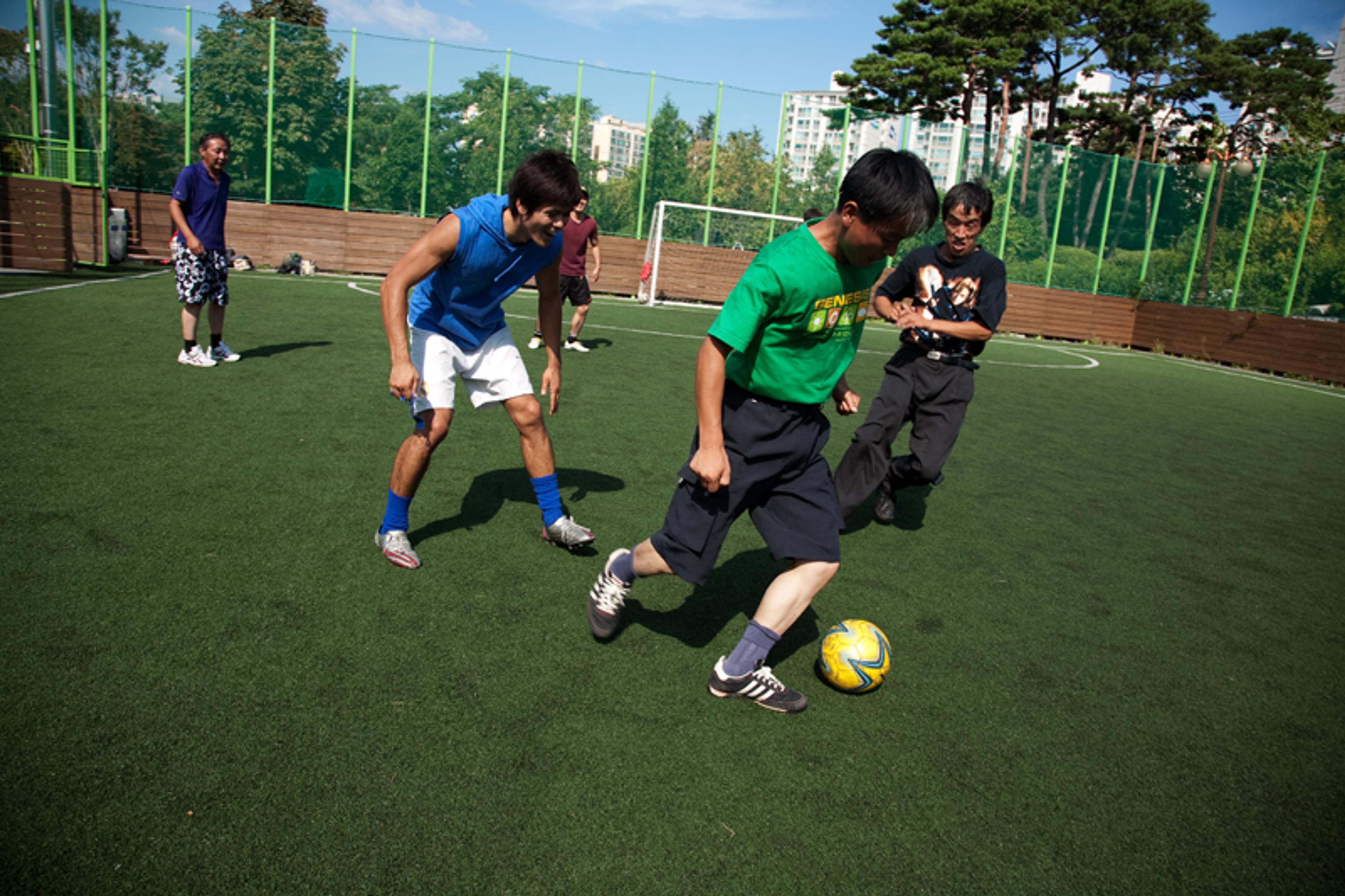
The South Korean street soccer team in training. Photo courtesy of The Big Issue Korea.
By Tony Inglis
- News
With the 2023 Homeless World Cup set to take place in Sacramento, California from 8 to 15 July, INSP is celebrating the crossover between street soccer and street papers. Street papers in seven countries – Argentina, Australia, Greece, Japan, Portugal, South Korea and Switzerland – either have street soccer projects connected to them, or work under the same parent organisation. In some cases, a street paper was borne out of a street soccer team, or vice versa. Let’s learn more.
The Homeless World Cup returns this week for the first time in four years and 20 years since the first tournament took place. That it will take place in California is apt: the state has been dealing with an ever worsening and complex homelessness crisis.
California has a strong history of homeless advocacy, and the presence of street papers there epitomises this. In the Bay Area, San Francisco’s Street Sheet and Berkeley’s Street Spirit are two of the world’s longest running street papers. And Sacramento, the city that will host this year’s Homeless World Cup, is home to another: Homeward Street Journal.
The Homeless World Cup and the International Network of Street Papers has a long history. Both were established by the same person, Mel Young, and that connection has lived on thanks to the collaboration of street papers and street soccer projects. In seven countries, there are links between its street paper and street soccer teams. Some street soccer projects have been borne out of street papers, or vice versa, due to the similar values and mission inherent in both endeavours – namely to give marginalised people, and those experiencing homelessness, poverty and other social disadvantages, a renewed sense of purpose. While others, like CAIS in Portugal, are simply part of the same wider family of social justice organisations.
While not all of them will be represented at the forthcoming tournament, INSP caught up with the projects to talk about the work they do and their impact.
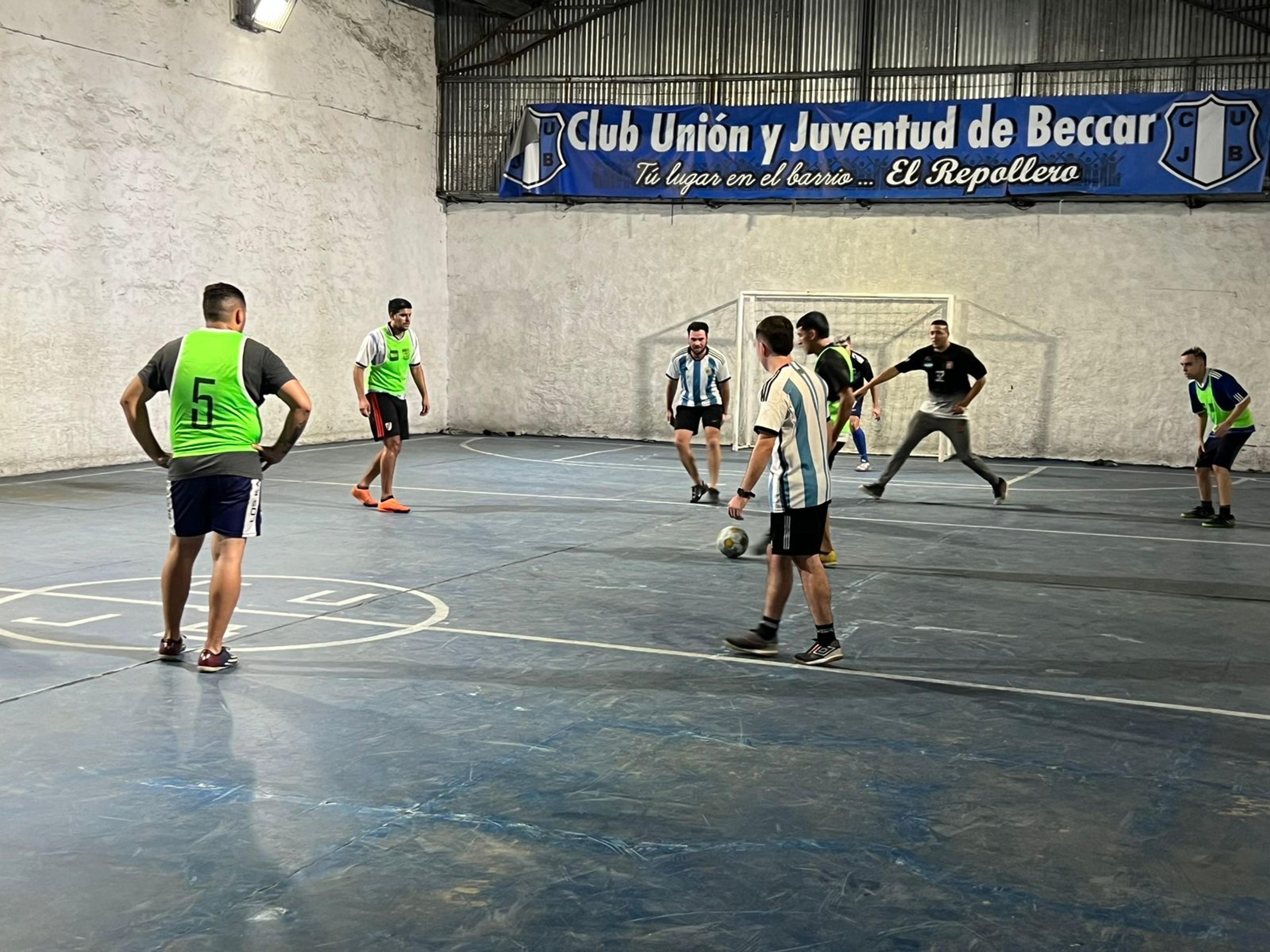
The Argentinian street soccer team in training. Photo courtesy of Hecho en Bs. As.
Argentina
The Argentinian street soccer team started as a sports workshop for vendors of the street paper Hecho en Bs. As.in 2003, before becoming its own NGO, Hecho Club Social, a few years later, but both still working closely together.
“It meant we could share the project with neighbourhood [football] clubs, other NGOs and people in public office working with the Urban League of Football for Social Inclusion,” says Sergio J. Rotman, the project’s director.
The project ran a monthly one day tournament alongside workshops for participant in work, health, housing, citizenship and gender. It has even branched out to other sports, like running and field hockey, and now manages the national LGBT hockey team where 30 trans women have found a space to play and fight for their rights.
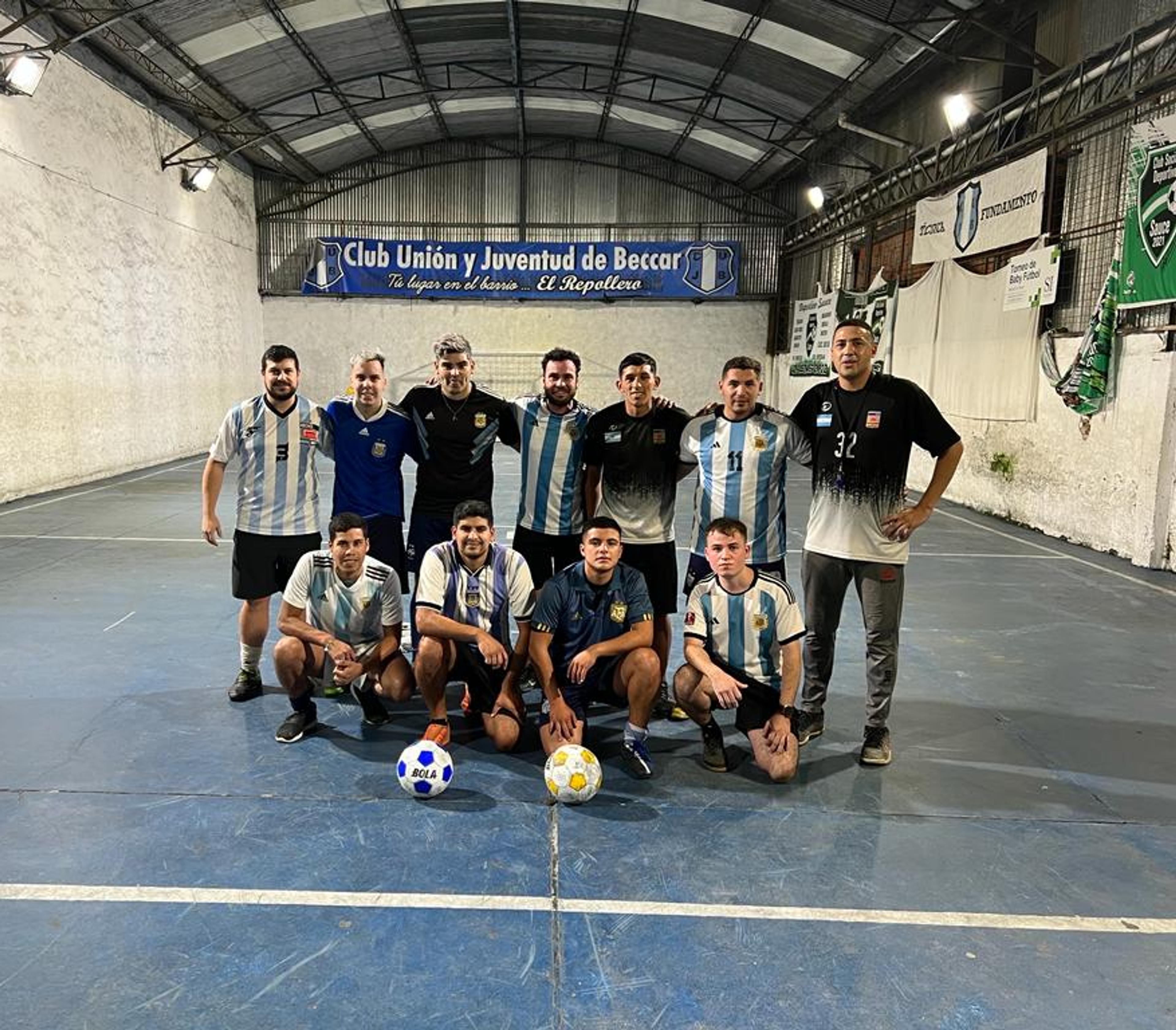
The Argentinian street soccer team. Photo courtesy of Hecho en Bs. As.
Back on the street soccer front: “[The group] have dreams, maybe the same dreams as Lionel Messi and his teammates had at Qatar 2022,” says Rotman.
One such player is Pedro. “He had a child at a young age, so needed to work very hard to support her,” explains Rotman. “He used to load and unload trucks, then he dedicated himself to sweeping streets, and later to study to become a physical trainer. He ignored bad influences that might have encouraged him to take easy money, and turned his life around.”
Pedro is now helping coach the current cohort of players ahead of the Sacramento tournament. “Pedro is leading a group of great people looking for new opportunities and enjoying playing soccer,” says Rotman. “This is the real spirit of street soccer.”
Australia
George Halkias started the Community Street Soccer Program in 2004 “with a couple of soccer balls behind an inner-city Melbourne public housing estate” alongside the then-editor of The Big Issue Australia, Martin Hughes, and some volunteers. The project was rolled out nationwide to 20 communities in 2007. The project has since worked with more than 10,500 vulnerable people.
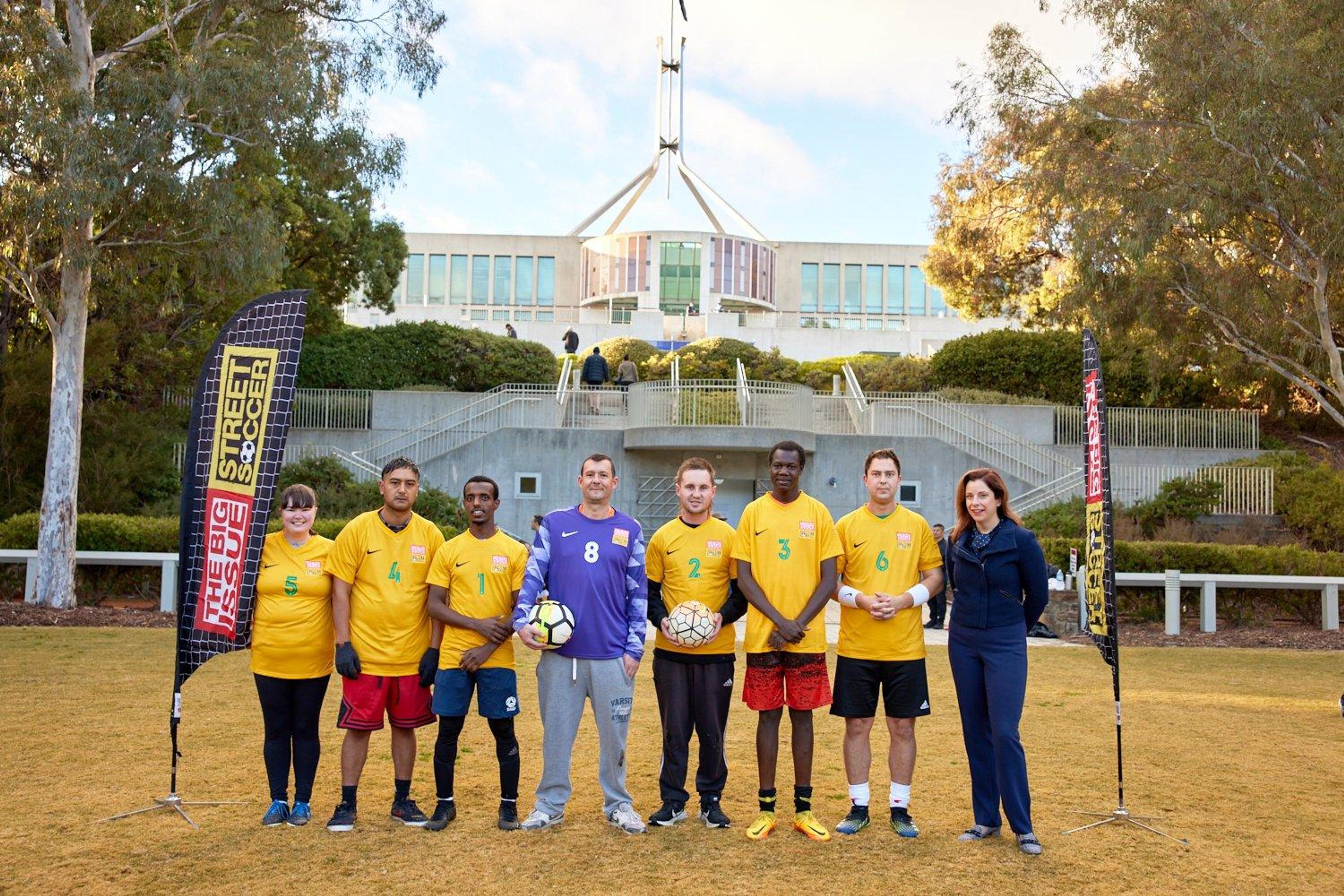
The Australian street soccer team. Photo courtesy of The Big Issue Australia.
“Players come together at weekly training sessions to get fit and make friends, while receiving health education and support,” says Halkias. “Our coaches create a friendly and safe environment for people to connect with their community. For many players, this is a crucial first step to rebuilding their lives. It offers significant purpose in life and a sense of longing.”
Participants have fed back the positive impact of the team, from general improvement in health and fitness, to understanding access to social services and helping reduce alcohol.
Jimmy Maughan is a goalkeeper for the Street Socceroos: “Playing street soccer has really helped me improve my mental health and boosts my self-confidence.”
Greece
Greece’s Shediahas a never-ending slate of cool projects: a street paper filled with in-depth reporting, a restaurant and bar, an upcycling project which turns old magazines into environmentally friendly works of art, and even a pétanque team.
Shedia’s street soccer team actually came first, with the organisation’s founder Chris Alefantis discovering the street paper network at the first Homeless World Cup he attended and having been a keen reader of The Big Issue Australia before moving to Greece. “I was absolutely sure that one day in Greece, we will also publish a street magazine and six years later in March 2013, Shedia hit the streets of Athens,” he recently said.
Now, Akis Maragkozakis, a social worker and program manager at Shedia, leads the street soccer project. He linked INSP with Alexandros Kaiafas, an ex-player and coach of the team, who currently sells the street paper.
“[It gave me the chance] to reintegrate back in social life and develop relationships with others,” says Kaiafas. “I used football as a social tool to socialise, and learn how to respect other people’s opinions from different backgrounds, and it helped me to overcome prejudices that I used to have. By playing football, I gained back my self-esteem and confidence, and most importantly, I learned to respect myself.
“As a street paper vendor, I am working every day. It was important for me to know that I had to go and join the training after work, entertain myself by participating in a stress-relieving sport activity and let off some steam.”
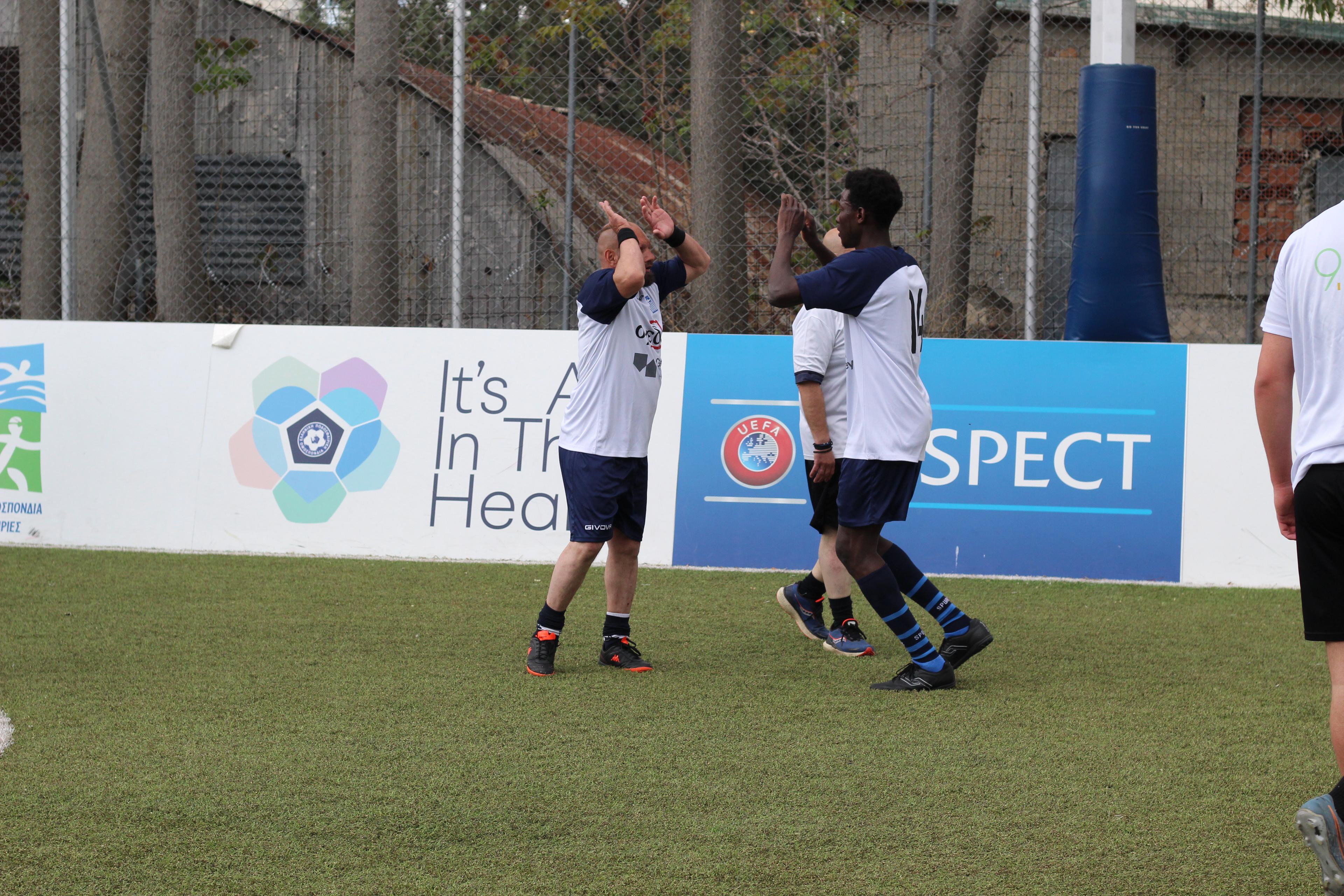
Members of the Greek street soccer team celebrate with each other after scoring a goal. Photo courtesy of Shedia.
Japan
Miku Sano is one of the founders of The Big Issue Japan. She recently explained in the Homeless World Cup’s ‘How to End Homelessness’ podcast about the beginnings of the street paper: “2003 was the time of the official count of the homeless population in Japan. Osaka [where the street paper was established] was the second biggest city, but it had the highest number of people experiencing homelessness. People were sleeping everywhere on the street. I was wondering what the hell is going on here? We heard about The Big Issue in the UK, and we thought it was a great idea. We went to UK to learn about it and then thought let's have a try.”
The homelessness crisis remained in an important issue, and in 2017 The Big Issue Japan Foundation started a street soccer program, which in 2020 became known as the Diversity Soccer Association. Its work looked to focus on tackling social exclusion.
In an upcoming Netflix backed film, The Beautiful Game, will fictionalise the story of the Homeless World Cup, with some street soccer players being depicted by professional actors. One such player is Yoshi-Hiro Matsuda, who participated in the 2011 Homeless World Cup.
“The Homeless World Cup was a very big chance to start a new life,” says Matsuda. “And The Big Issue helps to change people’s perceptions towards those who are homeless. But I wanted to show that I could live without the help of The Big Issue. It’s how I can show the impact they’ve had on my life.”
Matsuda has continued to play football but has happily secured work. “It’s not a good thing to have prejudice about anything including homeless but it’s also hard to change people’s perceptions. I hope that by coming to the Homeless World Cup, it will make an impact on people, however small it might be.”
South Korea
Similar to the story in Japan, it was The Big Issue in South Korea which established a street soccer program in the country, starting in 2010 around the time of the Homeless World Cup tournament in Rio de Janeiro, where six street paper vendors participated.
The aim of the Korean project is to tackle homelessness and housing poverty, as well as change perceptions of the people at the centre of these issues.
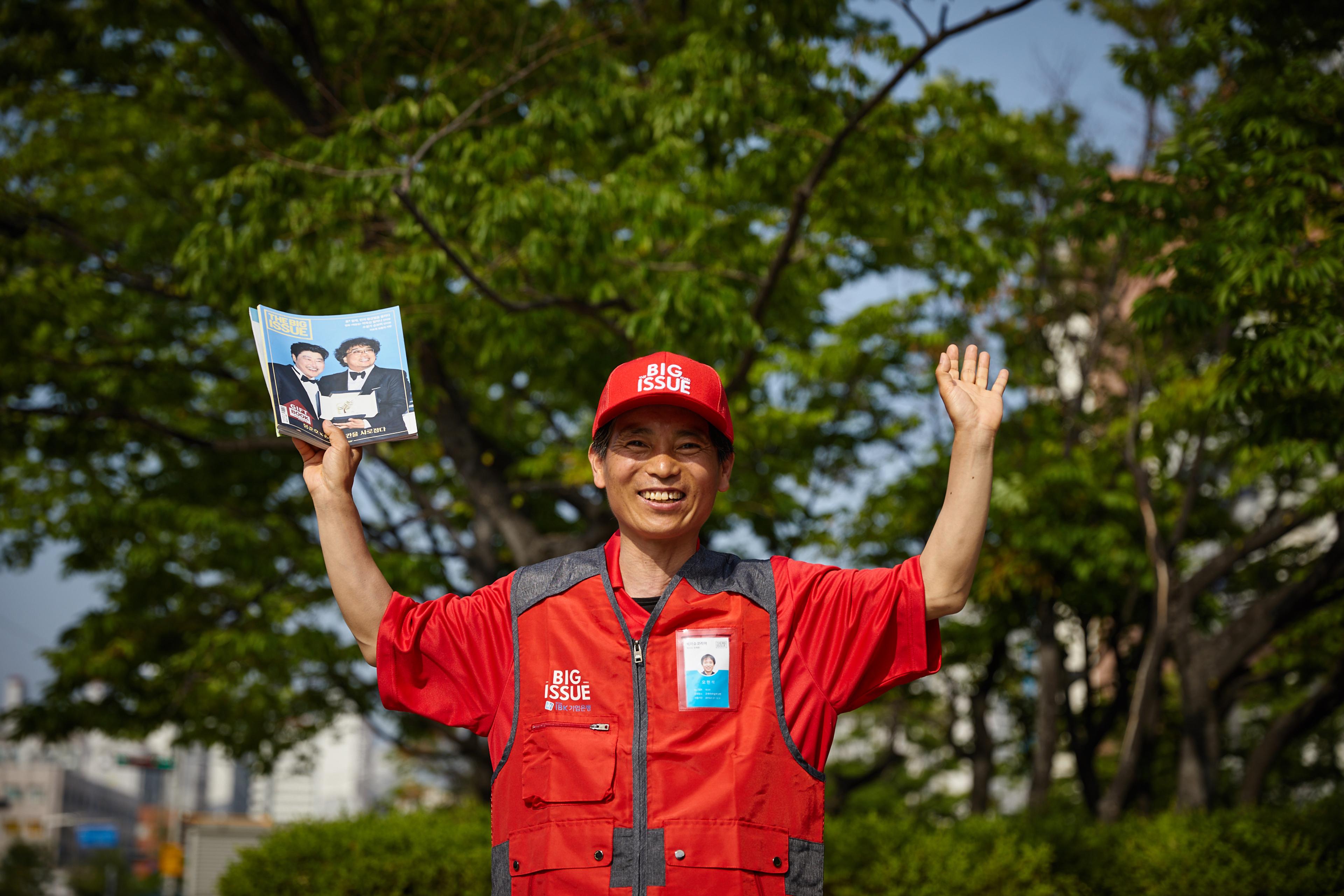
Big Issue Korea vendor Oh Hyun-suk who has also been involved with the street soccer project. Photo credit: @hwakyungkim.
“In Korea, the problem of housing poverty is not viewed as a social structural problem, but only as an individual problem,” says Jaehyung Chung, who works within the street soccer project. “Social interest in homelessness is also very low. The story of the players who participated in the Homeless World Cup was an opportunity to gather social attention and supporters through the media. There are also positive changes in the lives of players: gaining stable housing, restoring family relationships, going to college, or getting a job. It is clear that the tenacity gained through the training process, as well as the hospitality and cheer they experience in the tournament, are a positive energy for them.”
The Big Issue Korea has had success working with various local welfare facilities and organisations through the project too, like conducting a health soccer class program throughout national shelters and other homeless facilities.
Oh Hyun-suk is a vendor of the street paper and a previous participant in the soccer team. “Participating in the 2010 Rio de Janeiro Homeless World Cup, I travelled by plane for the first time in my life,” he says. “I was able to see the wider world through the Homeless World Cup. I'd given up on a lot of things, but I was able to get a sense of liveliness through positive communication by meeting people like me at the tournament. After the Homeless World Cup, I gained more confidence in selling magazines. I've never had a proper job, so I've never been in front of people and hung out with them, but I've enjoyed getting close to people through football. It was an opportunity to strengthen the will to go up one step at a time in life.”
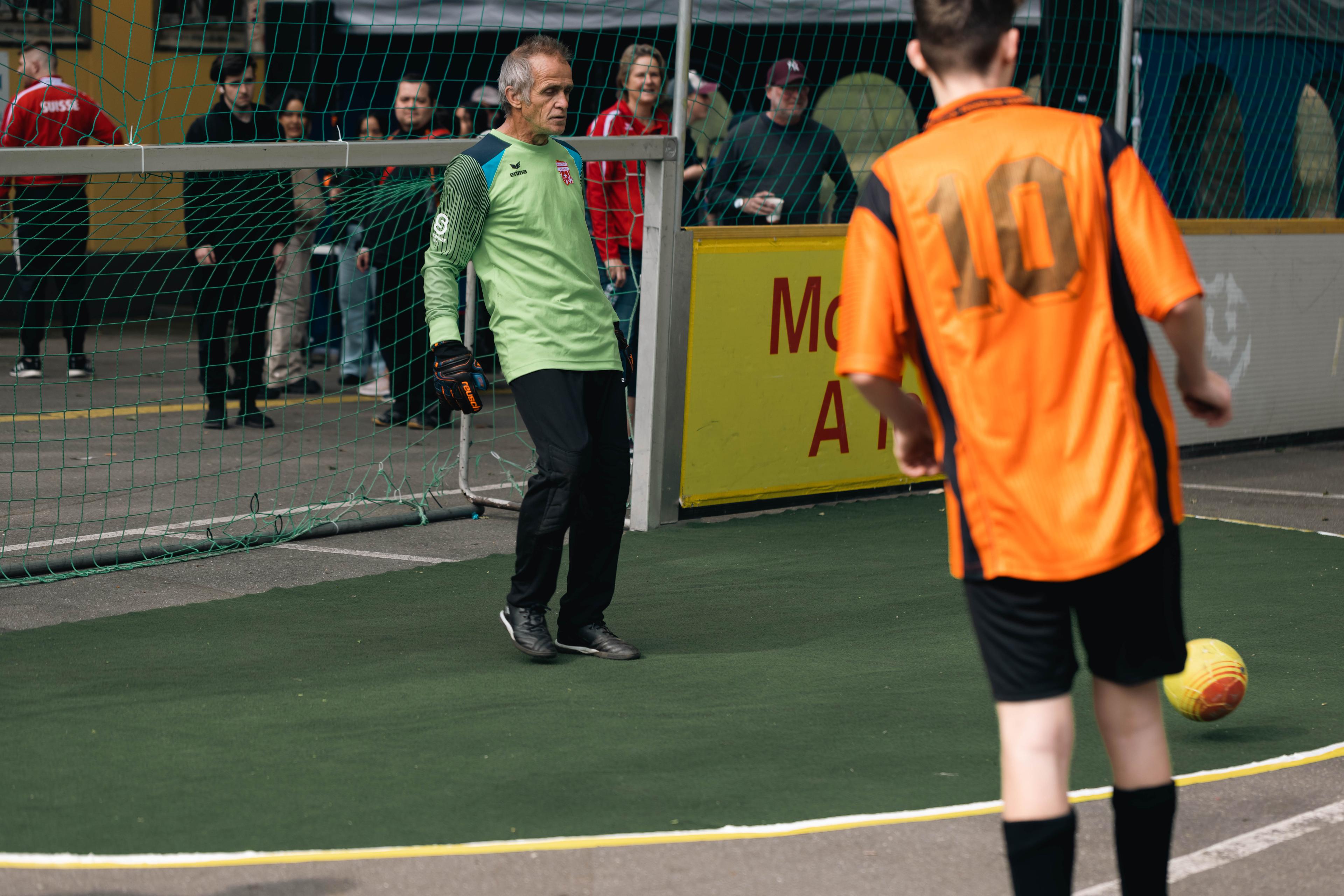
Swiss street soccer team member Heini Hassler in goal. Photos courtesy of Surprise.
Switzerland
The Federal Office of Public Health of Switzerland states that "Poverty makes you sick" and "Sickness makes you poor." In 2003, the Swiss street paper Surprise addressed this issue and launched the sports program ‘Strassenfussball’ with a view to reintegrate socially disadvantaged and marginalised people “into the playing field of life”, according to the magazine’s Caroline Walpen. “The annual participation of the Surprise National Team in the Homeless World Cup brings a special experience for our street soccer players. Thus, street soccer is preventive, participatory, and supportive on both national and international levels.”
For the last two years, Surprise has been active in promoting women’s street soccer, successfully establishing its own women’s team. A mixed team will travel to Sacramento.
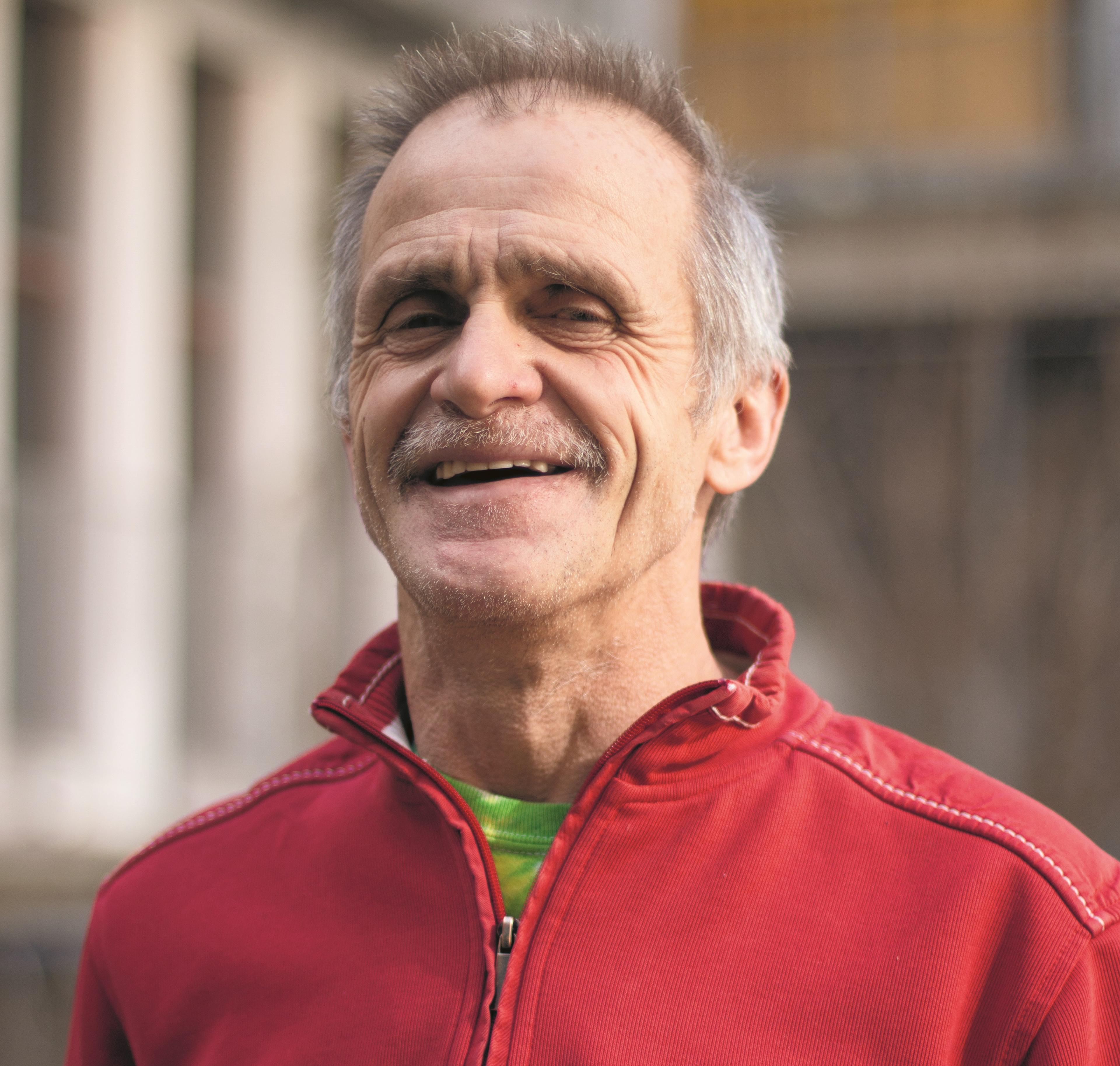
Photos courtesy of Surprise
It’s the challenge that motivates me: no matter how hard it gets, I never give up.
“With us in Switzerland, there are hardly any homeless people playing,” says Walpen. “However, we do reach out to other marginalised people. For example, individuals affected by unemployment, addiction problems, poverty, mental illness, refugee experiences, or other adversities. These people are typically socially disadvantaged.”
As with the other nations where street papers and street soccer are intertwined (Surprise also has a street choir project), Switzerland has vendors of the magazine who play football too, such as 64-year-old Heini Hassler.
“Ruedi, a friend of mine and fellow street paper vendor, introduced me to the Surprise Street Soccer team a few years ago,” he says. “It’s the challenge that motivates me: no matter how hard it gets, I never give up.”
The Homeless World Cup is an international street football tournament, which takes place in a different country each year. The Homeless World Cup is also a year-round network organisation – supporting and connecting grassroots charities that are using football to support people who are homeless and socially isolated to change their lives.
Since it began in 2003, it has benefitted more than 1.2 million people. Over 500 players from more than 50 nations participate each year.
Learn more at the Homeless World Cup website.
Support our News Service
We believe journalism can change lives, perceptions, and society - underpinning democracy for a more equitable world. Learn more about the INSP News Service and how to support it here.
